Marvel Comics has officially adopted the term 'Variant' from the MCU - ellisrawn1976
Marvel Comics has officially adopted the term 'Random variable' from the MCU
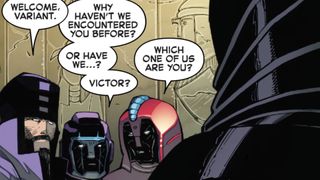
When it comes to Marvel Comics, the construct of AL-realism 'variants' of known characters has existed for decades, well before the MCU popularized the idea in its Loki show. But that specific terminology - 'random variable' - has traditionally meant something slightly different in the world of comic books, usually coming up in the real number world in regards to variant covers.
Now, as of September 15's red-hot humourous book releases, the factual terminology of the 'variant' has come to Wonder Comics, along with some new 'variants' related to characters World Health Organization are already deeply tied to the concept.
Variants in Marvel Comics
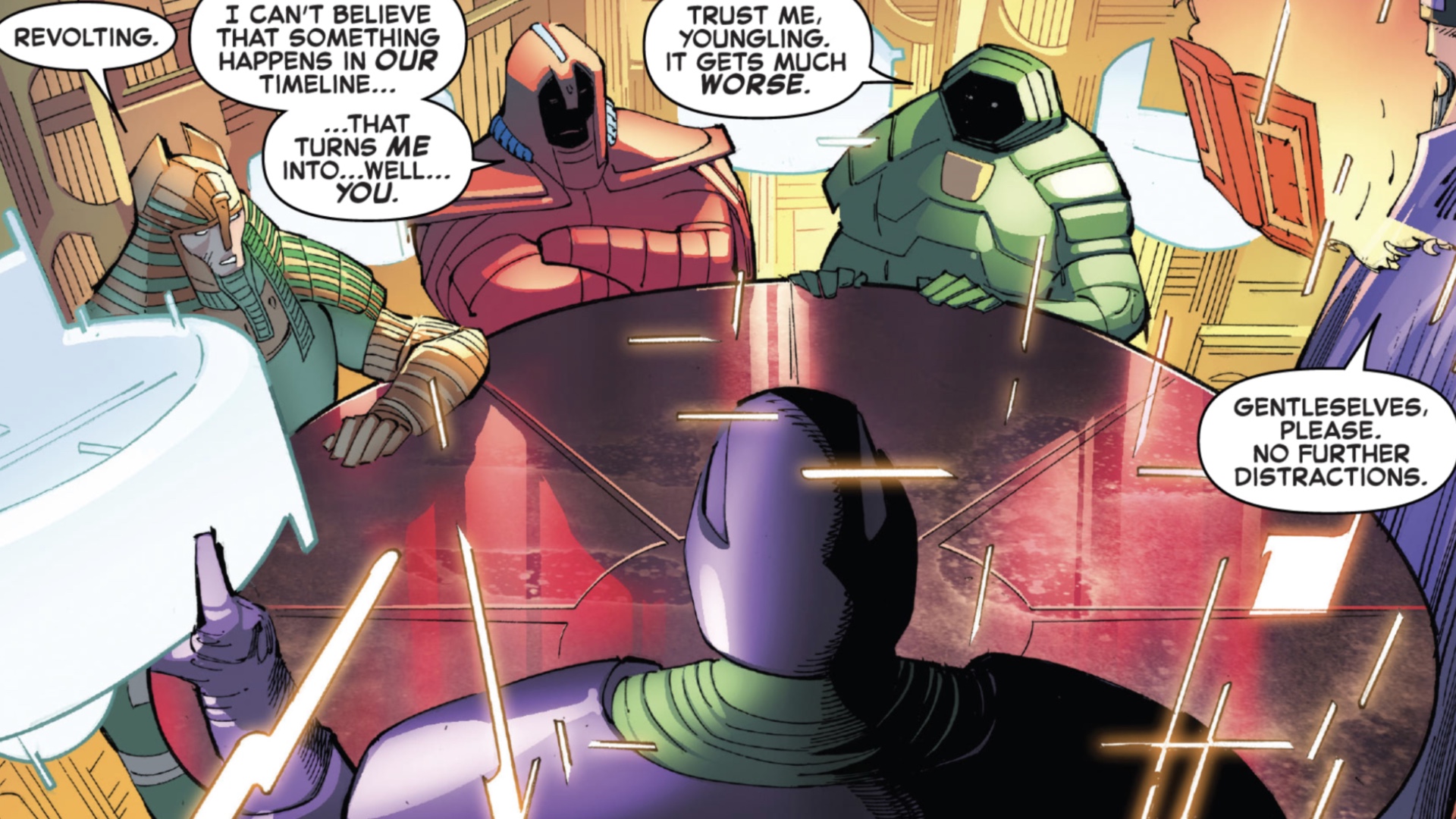
Fantastic Four #35 pits the FF against Kang the Conqueror and several of his many variants. Though that story seems to introduce a new Kang variant, there's a little of a twist on the idea (register more about what goes down in FF #35). But with that twist besides comes one of the first instances in Wonder Comics of a case using the term 'variant' to describe an alternate realism version of another character.
In this encase, it's Immortus, one of the main Kang variants, who addresses the new alt-Kang, Scion, as "Variant" when He arrives at their meeting.
Past in Kang the Vanquisher #2, the young Nathaniel Richards, fresh off of defeating his own future self, meets other version of himself after arriving in the era of Rama-Tut. There he encounters another variant, this time of Kang's eternal love, Ravonna, who, in the era of Rama-Tut, is the enforcer of the goddess Khonshu legendary as Moon Knight.

First turning his armour into that of Iron Lad to fight Rama-Tsk, Nathaniel Richards is then captured by the Time Pharoah. Iron Lad reveals his identity, with Rama-Tut realizing that though they are the same individual, he has no memory of his time fighting himself as Iron Lad.
This leads Rama-Tut to question the nature of Nathaniel's existence, locution "Engrossing. I… have no memory of this. A different timeline maybe? A variant? Or a new loop?"
Ultimately, Rama-Tut uses his Ultra-Diode Ray to mind control Nathaniel, forcing him to turn his armor into that of the Scarlet Centurion (another Kang variant) and fight as his general.
All of this officially brings the Marvel Cinematic Universe terminology of 'variants' into the Marvel Existence, where many characters - especially Kang - cause encountered EL-reality versions of themselves and others.
Interestingly plenty, it was actually a version of Kang himself who coined the late widely used term for versions of characters from take turns timelines: 'divergent'. The clock conqueror used the term 'divergent' throughout the classic '80s story Avengers: The Once and Future Kang - a story which introduced the Council of Cross-Time Kangs, a whole organization of Kang variants.
Variants of variants
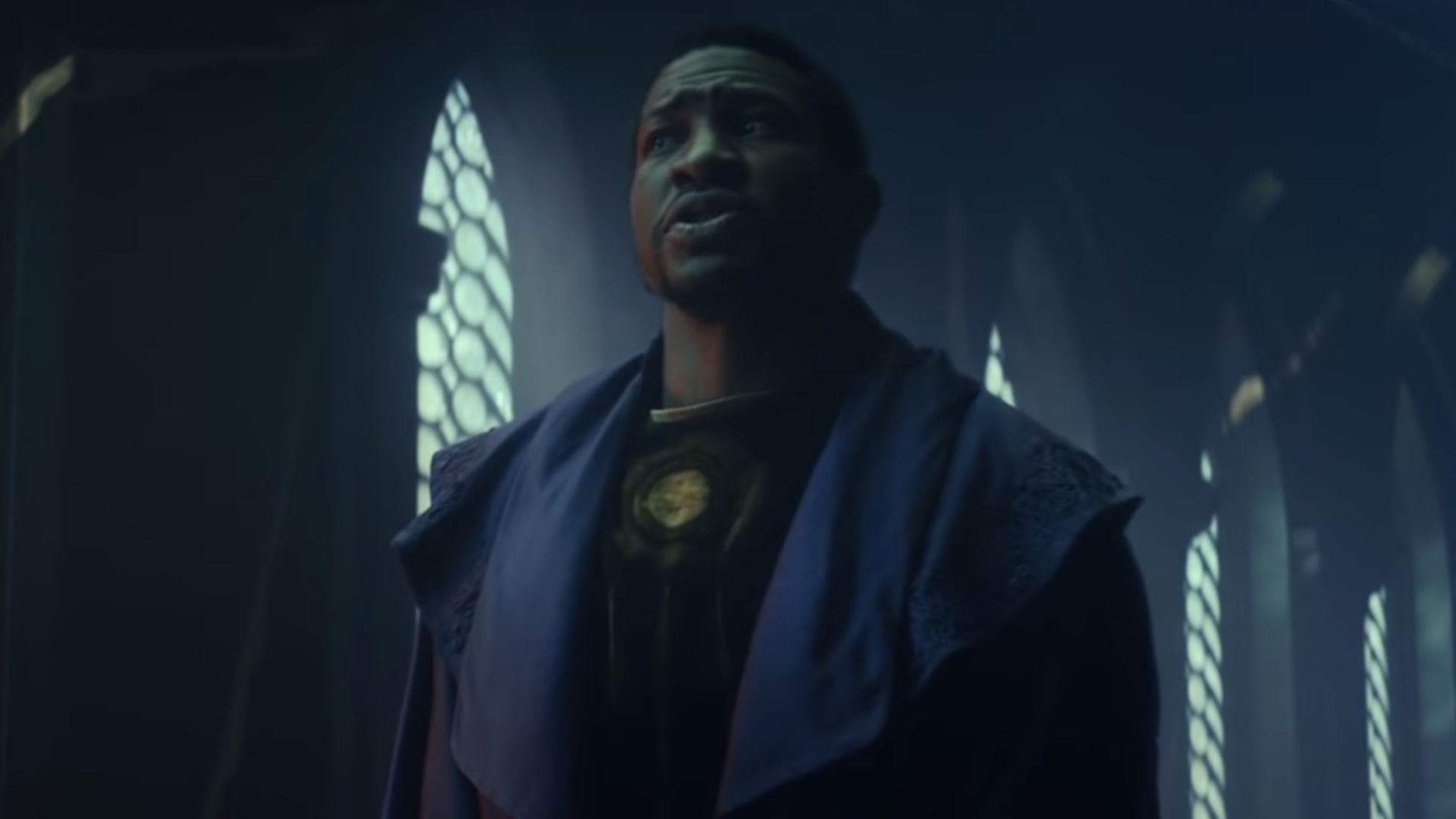
So what does this mean for Marvel Comics? Intimately, probably not a whole lot, aside from a stronger connector to the MCU, where the 'different' terminology has on the spur of the moment become one of the central themes of the current MCU form following the focus on the approximation in Loki, which introduced the first picture variants in the form of alt-versions of Loki himself.
Adding the 'variant' terminology to Marvel Comics does open a stronger, many cohesive connection between approximately of the briny Marvel characters who induce plenty of alt-world versions of themselves running around.
Wolverine, for one, has had several alternate versions of himself in play in the Marvel Universe at once, with Old Man Logan (a version of Logan from a dystopian future) co-existing with the Ultimate Universe Wolverine's son James IV Hudson - himself the minor of a Wolverine variant. Then thither are Wolverine's genetic duplicates Laura and Gabby Kinney running some, who are more clones than variants, which brings its own complications.
Speaking of clones, there's too Wanderer-Man, who has co-existed both As Simon Peter Charlie Parker and Ben Reilly at the unvaried time (with Ben Reilly about to represent the main Spider-Man in core continuity), while the future Spider-Man of the year 2099 has also ventured into the early to co-exist alongside Peter Charles Christopher Parke.
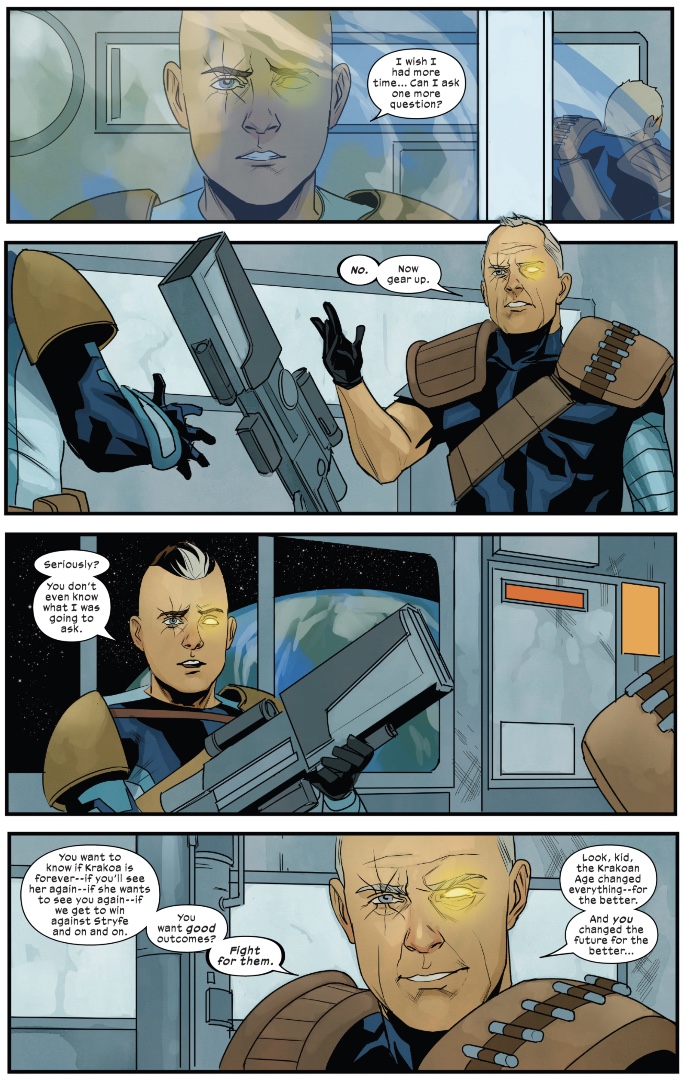
And that's saying nothing of the veritable army of Spider-Man variants who appeared in Wanderer-Poetize - including Obsess-Wanderer, who is herself a Gwen Stacy variant World Health Organization was introduced in that level.
And so naturally there's Cable, the son of Cyclops and Madelyne Pryor (herself a clone of Jean Grey), the aged, original version of whom recently replaced against Child Cable, his own past discrepancy who was operating American Samoa the main Cable of the Marvel World awhile.
Kid Overseas telegram came to the Marvel Macrocos pursual the give of the original pentad X-Men to their own timeline, later essentially creating a whole variant timeline for themselves after touring to the present day.
Meanwhile, much like his descendant Kang, Reed Richards of the Fantastic Four himself erstwhile had his own secret society of variants, known arsenic the Council of Reeds.
Phew!
As you backside see, the conception of 'variants' is well-versed in Marvel Comics, though the language readers and creators usance to describe the idea has evolved significantly since the onset of the MCU's focal point on 'variants,' perhaps opening the door to a more codified variation of what 'variants' beggarly for the Marvel Comics Multiverse, and its nub 616 reality.
Learn the history of Marvel's Multiverse and the burden 616 Marvel Universe .
Source: https://www.gamesradar.com/marvel-variants-mcu/
Posted by: ellisrawn1976.blogspot.com

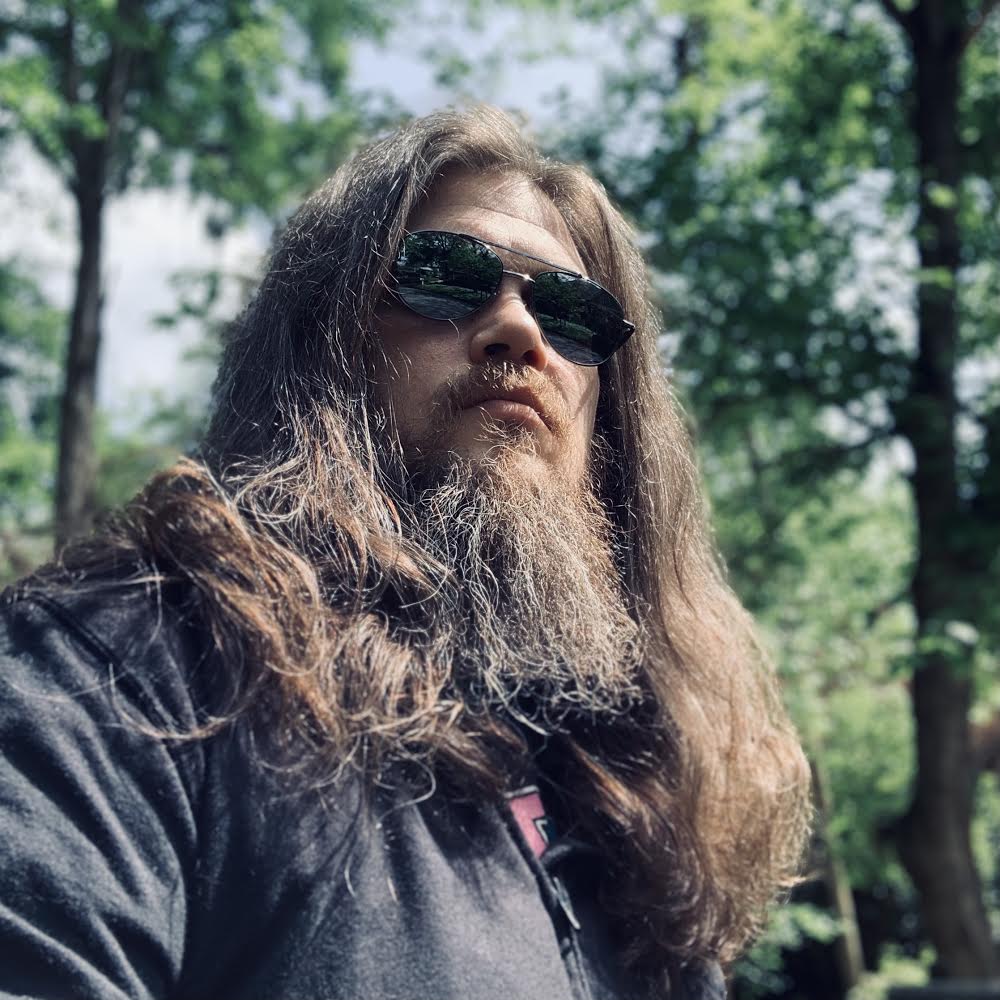

0 Response to "Marvel Comics has officially adopted the term 'Variant' from the MCU - ellisrawn1976"
Post a Comment